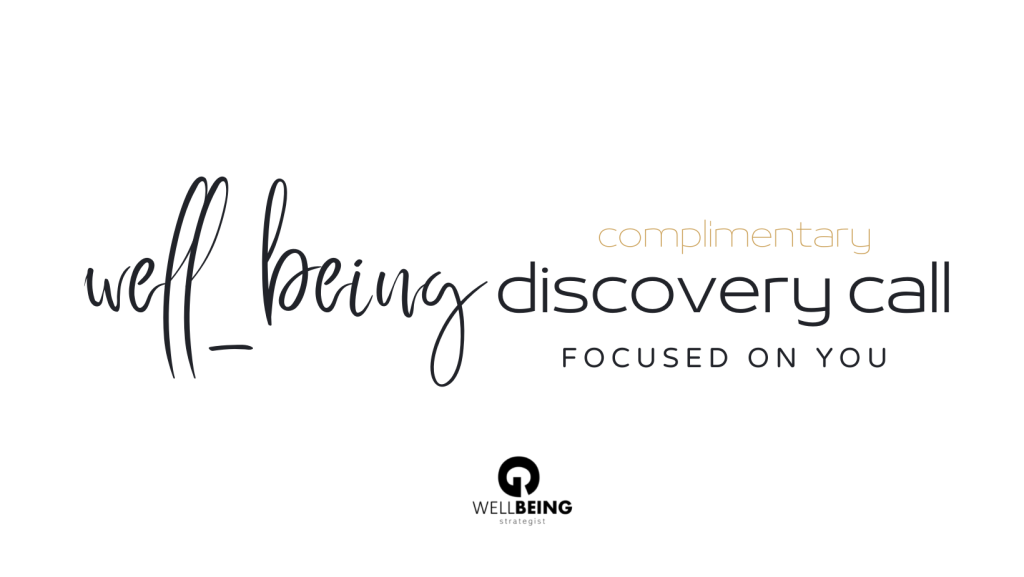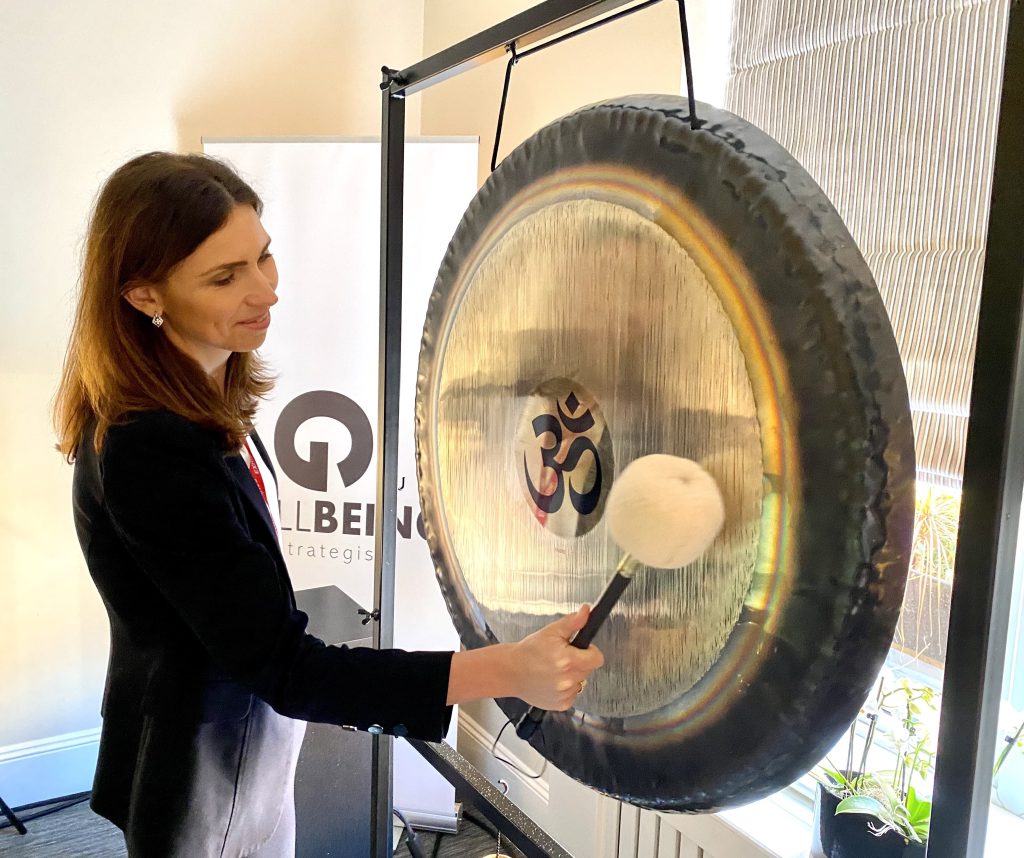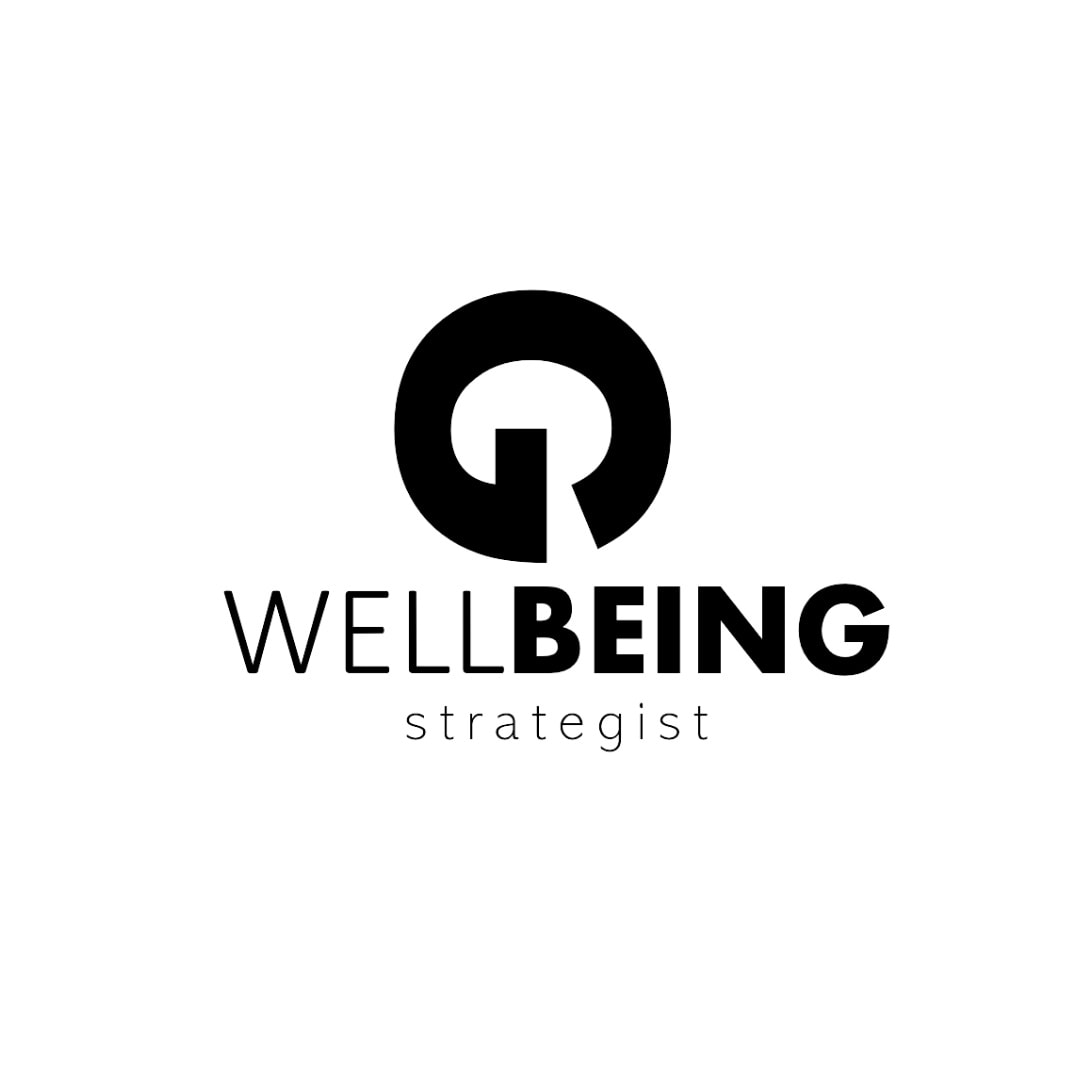From this article, you will learn:
- What is the projected market value of the global workplace stress management market by 2028?
- How many executives actively seek strategies to reduce stress and enhance work-life balance?
- What are some common stress management techniques recommended for busy executives?
- How does the “Happy CEO“program support executives in implementing stress management techniques into their lifestyle?
- How does neglecting stress management affect executives and their organizations?
- What are some practical tips for busy executives to incorporate stress management techniques into their lives?

In today’s fast-paced and demanding business world, executives often find themselves under immense pressure to drive success, meet targets, and navigate ever-changing market dynamics. As leaders, they carry the weight of responsibility for their organisations and teams, which can lead to high levels of stress and burnout. Recognising the crucial role that stress management plays in maintaining productivity, focus, and overall wellbeing, many executives are now prioritising their mental health like never before.
The global demand for effective solutions to address workplace stress has surged in recent years, reflecting the pressing need for executives to prioritize their mental health.
The global workplace stress management market size reached US$ 10.1 Billion in 2022. Looking forward, the market is set to reach US$ 16.1 Billion by 2028, ( Source: ResearchAndMarkets.com, May 2023)
Let’s delve into some compelling facts and figures that highlight this trend:
- 1.Increased Prevalence of Stress: According to the World Health Organization (WHO), stress-related disorders are on the rise, affecting individuals across various professional domains. Executives, with their demanding positions and high levels of responsibility, are particularly susceptible to experiencing significant stress.
- 2.Impact on Productivity and Focus: Research conducted by the American Institute of Stress reveals that stress in the workplace contributes to a substantial loss in productivity, estimated at around $300 billion annually in the United States alone. The detrimental effects of stress on executive performance can hinder decision-making abilities, diminish focus, and hinder strategic thinking.
- 3.Escalating Cases of Burnout: The World Economic Forum (WEF) identifies burnout as a major occupational hazard, with executives at heightened risk due to their leadership roles. A Gallup study found that burned-out executives are 63% more likely to take sick days and are less engaged with their work, leading to diminished organizational performance.
- 4.Shift towards Mental Health Focus: Recognizing the critical role of stress management in sustaining productivity and overall well-being, executives are increasingly prioritizing their mental health. In a survey conducted by a prominent business journal, 78% of executives reported actively seeking strategies to reduce stress and enhance their work-life balance.
- 5.Implementation of Wellness Programs: Organizations worldwide are responding to the rising demand for stress management solutions by implementing comprehensive wellness programs. These initiatives aim to provide executives with resources such as mindfulness training, counseling services, flexible work arrangements, and support networks to promote their well-being.

In response to this growing need, the “Happy CEO” coaching program has emerged as a transformative solution for executives seeking to enhance their overall happiness and wellbeing while achieving professional success. This program understands that a happy and balanced CEO is not only more effective in leading their organisation but also sets a positive example for their team members and fosters a healthier work culture.
Through a combination of evidence-based strategies, personalised coaching, and practical tools, the “Happy CEO” program equips executives with the skills and insights necessary to effectively manage stress, cultivate resilience, and find joy and fulfilment in their leadership roles. With a focus on holistic wellbeing, this program goes beyond traditional leadership coaching by emphasising the importance of self-care, work-life integration, and fostering positive relationships.
Whether it’s navigating challenging situations, making tough decisions, or achieving work-life harmony, the “Happy CEO” coaching program offers executives a roadmap to success and happiness. By investing in their own wellbeing, executives can not only enhance their professional performance but also create a positive ripple effect throughout their organisation, leading to greater employee satisfaction, improved productivity, and ultimately, sustainable success.
In the following sections, we will explore key components of the “Happy CEO” coaching program, delve into the various strategies it employs, and highlight the potential benefits that executives can experience by embracing this holistic approach to leadership and stress management.

Stress and Burnout: Definitions and Explanations
Stress and burnout are two interconnected concepts that significantly impact the wellbeing of executives. Stress can be defined as a psychological and physiological response to external pressures or demands, often resulting in feelings of tension, overwhelm, and exhaustion. It is a natural reaction that activates the body’s “fight or flight” response, preparing individuals to cope with challenging situations.
Burnout, on the other hand, goes beyond ordinary stress. It is a state of chronic physical and emotional exhaustion caused by prolonged exposure to high levels of stress, particularly in work-related contexts. Burnout is characterised by feelings of cynicism, detachment, and a sense of reduced accomplishment. It can manifest as a decline in motivation, productivity, and overall job and life satisfaction.
Unique Stressors Faced by Executives
Executives face a unique set of stressors due to the demanding nature of their roles. The responsibilities of strategic decision-making, leading teams, managing crises, and meeting high-performance expectations contribute to elevated stress levels. The pressure to achieve organisational goals, maintain a competitive edge, and navigate complex business environments can lead to significant mental and emotional strain.
Moreover, executives often grapple with long working hours, extensive travel, constant connectivity, and the need to balance personal and professional commitments. They also bear the weight of making critical decisions that impact their employees, shareholders, and the overall success of the organisation. These unique stressors can take a toll on their wellbeing if not managed effectively.
The Impact of Stress and Burnout on Executives’ Performance and Health
Unmanaged stress and chronic burnout can have detrimental effects on both the performance and health of executives. When under excessive stress, cognitive functions such as decision-making, problem-solving, and creativity may be compromised. Executives may experience reduced focus, impaired judgement, and diminished capacity to handle complex situations effectively.
Furthermore, prolonged exposure to stress and burnout can lead to physical and mental health issues. Executives may suffer from elevated blood pressure, cardiovascular problems, sleep disturbances, weakened immune systems, and increased susceptibility to illnesses. In terms of mental health, they may be at a higher risk of anxiety, depression, and emotional exhaustion.
The consequences of executive stress and burnout extend beyond the individual. Organisations can experience a decline in productivity, innovation, and employee morale when their leaders are overwhelmed and exhausted. Additionally, the negative effects of stress and burnout can trickle down to employees, resulting in increased turnover rates, decreased engagement, and a toxic work culture.
Recognizing the significance of managing stress and preventing burnout, the “Happy CEO” coaching program provides executives with the tools and strategies necessary to effectively navigate these challenges. By addressing the unique stressors faced by executives and mitigating their impact, the program aims to enhance both the wellbeing and performance of executives, fostering a healthier and more sustainable leadership approach.
The Importance of Stress Management for Executives
The Role of Stress Management in Executive Performance
Effective stress management plays a pivotal role in enhancing executive performance and overall success. When executives prioritise their wellbeing and adopt strategies to manage stress, they create a solid foundation for sustained productivity, decision-making, and leadership effectiveness. By proactively managing stress, executives can maintain mental clarity, emotional resilience, and the ability to think strategically even in high-pressure situations.
Stress management techniques, such as mindfulness practices, exercise, and time management strategies, help executives regulate their stress response and promote a state of balance. These techniques enable executives to approach challenges with a calm and focused mindset, leading to improved problem-solving skills, better decision-making, and the ability to inspire and motivate their teams effectively.
The Potential Consequences of Neglecting Stress Management
Neglecting stress management can have severe consequences for executives and their organisations. When stress and burnout go unchecked, executives may experience a decline in performance, reduced job satisfaction, and strained professional relationships. The accumulation of chronic stress can lead to a state of exhaustion that impairs cognitive function, creativity, and problem-solving abilities, hindering the executive’s ability to meet organisational goals effectively.
Moreover, neglecting stress management can have adverse effects on physical and mental health. Executives who disregard their wellbeing may be at a higher risk of developing chronic health conditions, experiencing frequent illnesses, and suffering from mental health disorders. These health issues not only impact the executive personally but also disrupt their professional responsibilities, leading to absenteeism, decreased productivity, and potential long-term consequences for their career.
Case Studies of Successful Executives Who Manage Stress Effectively
Numerous successful executives have recognized the importance of stress management and integrated it into their leadership approach. Take, for example, Mary, a CEO known for her exceptional leadership skills. Mary prioritises self-care by engaging in regular exercise, she implemented a morning routine, which involves waking up an hour earlier to complete her morning run, journalling practice which helps her keep her head clear and focused on her goals. By managing her stress effectively, she remains focused, resilient, and able to lead her organisation with clarity and compassion.
Another case study is Mark, a high-profile executive working in an investment banking sector in London, renowned for his ability to handle high-pressure situations. Mark incorporates stress management techniques such as delegating tasks, setting realistic priorities, and taking regular breaks to maintain his energy and mental wellbeing. He attends yoga classes and wellbeing retreats, where he can truly disconnect. By practising effective stress management, Mark consistently demonstrates outstanding decision-making abilities, inspires his team, and achieves remarkable results.
These case studies exemplify how successful executives who prioritise stress management reap the rewards of enhanced performance, improved wellbeing, and sustainable success. By taking proactive steps to manage stress effectively, executives can lead by example, foster a healthier work environment, and inspire their teams to prioritise their own wellbeing.

In the following sections, we will explore the “Happy CEO” coaching program, which provides executives with practical tools, guidance, and support to implement effective stress management strategies. By embracing stress management as a critical aspect of their leadership journey, executives can unlock their full potential, achieve greater success, and cultivate a harmonious work-life integration.
Common Stress Management Techniques
When it comes to managing stress effectively, there are several proven techniques that executives can incorporate into their daily routines. These techniques not only help in reducing stress levels but also promote overall wellbeing and resilience. Here are some commonly recommended stress management techniques:
Mindfulness and Meditation: Mindfulness involves being fully present in the current moment, paying attention to thoughts, emotions, and physical sensations without judgement. Meditation practices, such as focused breathing or guided visualisation, can help executives cultivate a sense of calm, improve focus, and reduce stress levels.
Physical Exercise: Engaging in regular physical exercise, such as aerobic activities, strength training, or yoga, has multiple benefits for stress management. Exercise releases endorphins, the body’s natural mood-enhancing chemicals, which can reduce stress, boost energy levels, and improve overall mental wellbeing.
Balanced Diet and Sleep: A balanced diet that includes nutritious foods supports optimal brain function and helps manage stress. Similarly, getting enough restful sleep is crucial for physical and mental recovery, allowing executives to approach challenges with a clear mind and increased resilience.
Time Management: Effective time management techniques, such as prioritising tasks, setting boundaries, and delegating responsibilities, can help executives regain a sense of control over their workload. By managing their time more efficiently, executives can reduce feelings of overwhelm and create space for self-care activities.
Transforming limiting beliefs: Limiting beliefs are negative or self-defeating thoughts or inner voices that can perpetuate stress and prevent individuals from effectively managing it. By transforming limiting beliefs into positive and supportive ones individuals can gain insight into the underlying causes of their stress, identify unhelpful thought patterns or behaviors, and develop a more resilient mindset.

How can These Techniques Help Busy Executives
These stress management techniques are particularly beneficial for executives due to their unique demands and challenges:
- Mindfulness and meditation can enhance an executive’s ability to remain focused, make strategic decisions, and stay calm under pressure. By practising mindfulness, executives develop greater self-awareness, emotional intelligence, and the capacity to respond rather than react to stressors.
- Physical exercise not only reduces stress but also boosts energy levels and cognitive function. Regular exercise can improve an executive’s mental clarity, creativity, and problem-solving abilities, enabling them to navigate complex situations with agility and resilience.
- A balanced diet and sufficient sleep provide executives with the physical and mental resources necessary to withstand stress and perform at their best. Proper nutrition and restorative sleep support optimal brain function, memory retention, and sustained energy levels, contributing to effective leadership and decision-making.
- Time management techniques help executives maintain a sense of control over their schedules and workload. By prioritising tasks, setting realistic goals, and delegating responsibilities, executives can reduce the likelihood of feeling overwhelmed and create space for self-care activities that mitigate stress.
- Transforming negative beliefs, such as “ I need to be perfect” or “ I need to do everything by myself” into positive ones through holistic methods such as Theta healing offers stressed executives significant wins and benefits by treating the root of the problem. Unlike other stress management techniques that primarily focus on symptom relief, this approach addresses the underlying negative beliefs, cultivating a resilient mindset that not only reduces stress levels but also enhances decision-making, leadership skills, and overall well-being. By targeting the root causes, executives can experience lasting transformation and sustainable stress reduction.
By incorporating these stress management techniques into their daily lives, executives can proactively manage stress, enhance their overall wellbeing, and cultivate the resilience needed to excel in their leadership roles.
The “Happy CEO” coaching program further provides guidance and personalised strategies to help executives implement these techniques effectively, resulting in a more balanced, fulfilling, and successful professional journey.
The “Happy CEO” Coaching Program
The “Happy CEO” coaching program is a comprehensive and personalised development coaching program specifically designed to empower executives in managing stress, enhancing wellbeing, and achieving sustainable success. This program recognizes the critical role that stress management plays in executive performance and offers practical strategies and support tailored to the unique challenges faced by leaders in today’s business landscape.
How the Program Specifically Addresses Stress Management for Executives
The “Happy CEO” coaching program places a strong emphasis on stress management as a fundamental aspect of executive wellbeing and leadership effectiveness. It equips executives with the tools and techniques necessary to identify and address sources of stress, cultivate resilience, and create a healthy work-life balance. By integrating stress management practices into their daily routines, executives can enhance their overall performance, decision-making abilities, and overall happiness.
Key Components of the Program
- One-on-One Coaching Sessions: The “Happy CEO” program provides individualised coaching sessions with experienced psychologist professionals who specialise in executive wellbeing and stress management. These sessions offer a confidential and supportive environment for executives to explore their specific challenges, set goals, and develop personalised strategies to effectively manage stress.
- Customised Stress Management Plans: personalized stress management plans incorporate evidence-based techniques to enhance the overall well-being of executives. One such technique is Theta healing, which effectively addresses limiting beliefs, enhances intuition, and fosters self-awareness.
- In addition to Theta healing, my stress management plans encompass a diverse range of beneficial practices, including mindfulness, exercise routines, sleep hygiene, and time management strategies. By carefully considering the unique needs of each executive, I enable them to implement practical solutions that harmonize with their professional responsibilities and personal well-being.
- Each executive receives a customised stress management plan that takes into account their unique circumstances, goals, and preferences. The plan incorporates evidence-based techniques such as Theta healing, which addresses limiting beliefs and helps develop better intuition and enhance self-awareness. Moreover, the mindfulness practices, exercise routines, sleep hygiene, and time management strategies. By tailoring the approach to individual needs, executives can implement practical solutions that align with their professional responsibilities and personal wellbeing.
- Ongoing Support and Resources: The “Happy CEO” program provides ongoing support to executives throughout their stress management journey. Participants have access to a range of resources, including educational materials, tools, and exercises designed to deepen their understanding of stress management and provide ongoing support beyond the coaching sessions in their daily lives. This comprehensive support ensures that executives have the guidance and resources they need to sustain their stress management practices over the long term.
By participating in the “Happy CEO” coaching program, executives can embark on a transformative journey towards effective stress management, personal wellbeing, and sustained success. This program offers a roadmap for executives to cultivate a harmonious balance between professional responsibilities and self-care, ultimately leading to happier, healthier, and more fulfilled leaders.
How to Incorporate Stress Management Techniques into an Executive Lifestyle
Managing stress as an executive requires intentional effort and a commitment to self-care and self-compassion. Here are some practical tips for incorporating stress management techniques into a busy executive lifestyle:
- Prioritise Self-Care
- Time Blocking
- Delegate and Outsource
- Set Boundaries
The Role of Commitment and Consistency in Effective Stress Management
Commitment and consistency are key to integrating stress management techniques into an executive lifestyle. Consistently practising stress management techniques reinforces their effectiveness and allows you to reap their long-term benefits. Here are some strategies to foster commitment and consistency:
- 1. Set Clear Goals
- 2. Set Realistic Expectations
- 3. Start Small
- 4. Create Rituals
- 5. Embrace Imperfections and learn from mistakes
- 6.Remind yourself that it’s okay to experience setbacks or face challenges

How the “Happy CEO” Program Supports this Integration
The “Happy CEO” coaching program provides valuable support in integrating stress management techniques into an executive lifestyle. Through personalised coaching sessions and customised stress management plans, the program guides executives in developing strategies that align with their specific circumstances and goals. Ongoing support and access to resources further assist executives in maintaining commitment and consistency in their stress management practices. By leveraging the program’s guidance, executives can effectively integrate stress management into their demanding schedules and cultivate a healthier, more balanced approach to leadership and wellbeing.
Taking Action: Prioritise Your Stress Management as an Executive
Recognizing the importance of stress management is just the first step for executives. It’s time to take action and prioritise your wellbeing by implementing effective stress management strategies. The demands of your role require you to navigate challenges, make critical decisions, and lead with resilience. By actively managing stress, you can enhance your performance, maintain a healthy work-life balance, and set a positive example for your team.
The “Happy CEO” coaching program is designed to support you on this journey. Through personalised coaching sessions, customised stress management plans, and ongoing support, the program equips you with the tools and guidance you need to effectively manage stress in your executive lifestyle. It offers practical techniques, such as mindfulness, exercise, and time management, tailored to your unique circumstances.
Now is the time to prioritise your wellbeing and invest in your success as a happy and fulfilled executive. Take the first step in managing your stress by exploring the resources and support available to you, such as the “Happy CEO” coaching program. Embrace the opportunity to enhance your performance, wellbeing, and overall satisfaction as you navigate the demands of your leadership role. Your stress management journey starts now, and the benefits will ripple throughout your professional and personal life.
Interested how to achieve it sooner rather than later, with a wellbeing strategist at your side? Let’s talk. Book a complimentary call to discuss your needs and gain more clarity.











